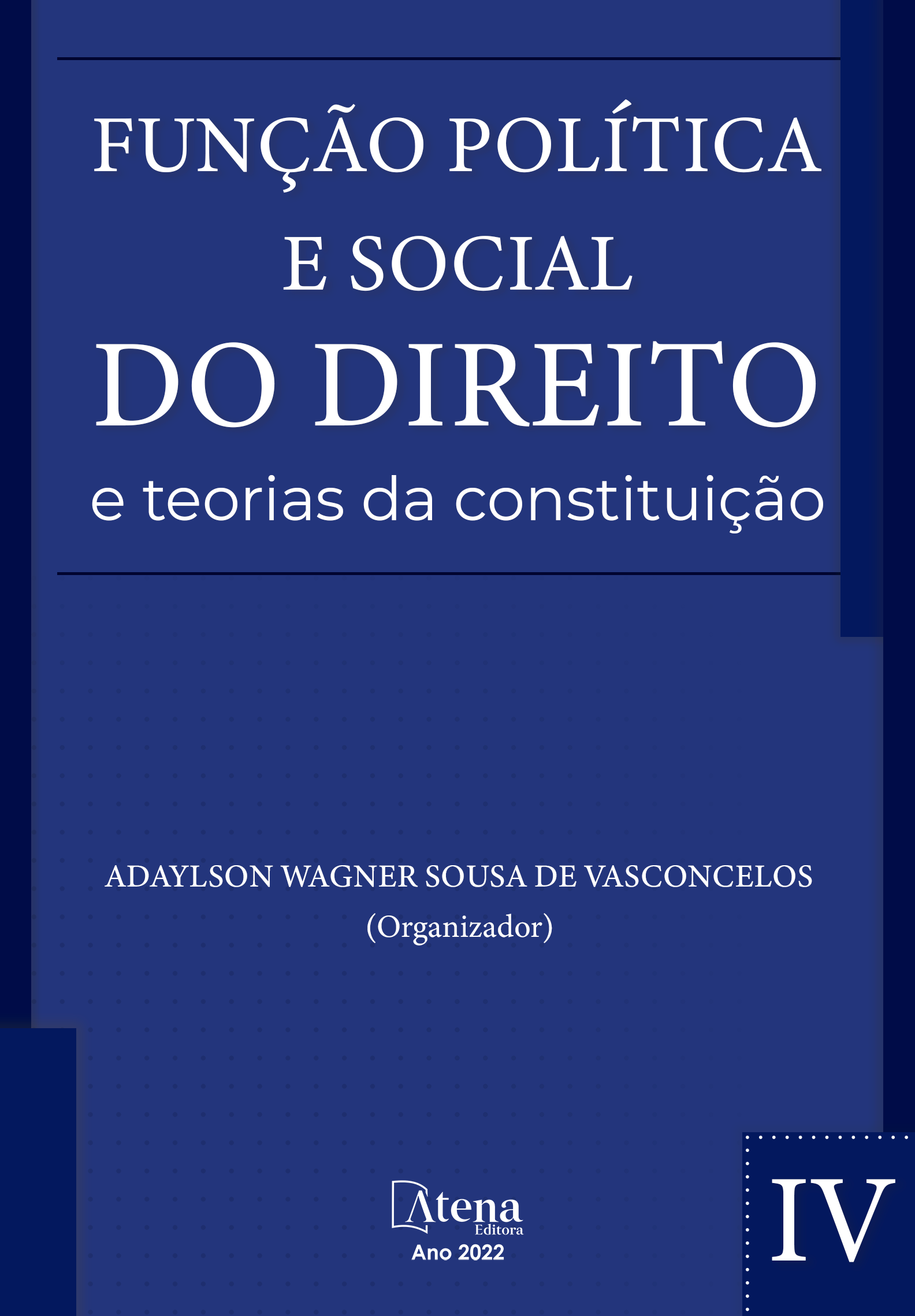
RESPONSABILIDADE CIVIL: O ABANDONO AFETIVO E MATERIAL DOS FILHOS EM RELAÇÃO AOS PAIS IDOSOS
O tema em tese tem suscitado polêmica em decisões jurisprudenciais, bem como no campo doutrinário, vindo este explicar a responsabilidade civil, no âmbito do abandono material e afetivo que os filhos têm perante aos pais idosos. A proteção legal descrita demonstra os principais pontos de responsabilização civil dos filhos, o dever de ajudar e amparar os pais na velhice, carência ou enfermidade, ser estabelecido os direitos sociais do idoso, assistência social que deve ser dada a quem dela precisar para mantença de sua família, os direitos fundamentais tratando da absoluta prioridade do idoso. O abandono material é um delito caracterizado pela omissão injustificada na assistência familiar, nesta esfera os idosos têm o direito de receber pensão alimentícia quando não tem condições próprias para sua mantença, podendo resultar uma prisão civil a inadimplência da verba alimentar. O abandono afetivo não impõe que os filhos amem os pais, porém, estabelece o dever de cuidado dos filhos para com seus pais idosos, em decorrência dos princípios constitucionais e a necessidade de responsabilizar o descumprimento do dever de cuidado, de forma a proporcionar que os direitos dos idosos sejam cumpridos integralmente e sem prejuízos, cabendo a família, a sociedade, e quando não for possível, ao Estado esta obrigação, bem como estabelece o estatuto do idoso. Utilizando-se como metodologia a pesquisa bibliográfica em livros, leis e outros artigos, o estudo teve como base o posicionamento legal, doutrinário e jurisprudencial acerca do tema. Conclui-se que os filhos, que ora se apresentam na posição de cumprimento de obrigações paterno-filiais, tem o dever de cuidar, proteger, bem como se responsabilizar pelos seus genitores em tenra idade.
RESPONSABILIDADE CIVIL: O ABANDONO AFETIVO E MATERIAL DOS FILHOS EM RELAÇÃO AOS PAIS IDOSOS
-
DOI: 10.22533/at.ed.53722270416
-
Palavras-chave: Idoso; Responsabilidade civil; Abandono afetivo; Abandono material.
-
Keywords: Elderly; Civil responsability; Affective abandonment; Material abandonment.
-
Abstract:
The theme in thesis has raised controversy in jurisprudential decisions, as well as in the doctrinal field, coming to explain civil liability, in the context of material and affective abandonment that children have towards elderly parents. The legal protection described demonstrates the main points of civil liability for children, the duty to help and support parents in old age, disability or illness, the social rights of the elderly are established, social assistance that must be given to those who need it to maintain their his family, the fundamental rights dealing with the absolute priority of the elderly. Material abandonment is a crime characterized by unjustified omission in family care, in this sphere the elderly have the right to receive alimony when they do not have their own conditions for its maintenance, which may result in a civil arrest for non-payment of the food allowance. Affective abandonment does not require children to love their parents, however, it establishes the children's duty of care to their elderly parents, as a result of constitutional principles and the need to blame the failure to comply with the duty of care, in order to provide that the The rights of the elderly are fully fulfilled and without prejudice, with the family, society, and when this is not possible, the State having this obligation, as well as establishing the statute of the elderly. Using bibliographic research in books, laws and other articles as a methodology, the study was based on the legal, doctrinal and jurisprudential position on the subject. It is concluded that the children, who now present themselves in the position of fulfillment of paternal-filial obligations, have the duty to care, protect, as well as be responsible for their parents at an early age.
-
Número de páginas: 16
- Maria Joarina Aguiar Paulino
- Rafaela Moita de Macedo Castro
- HILZIANE LAYZA DE BRITO PEREIRA LIMA


